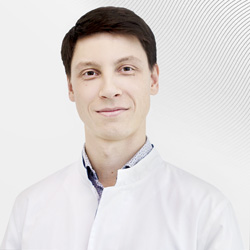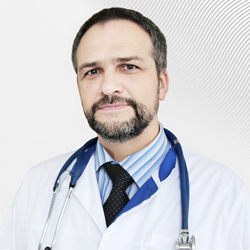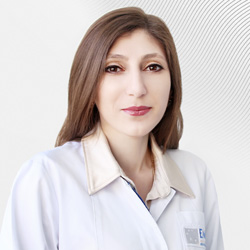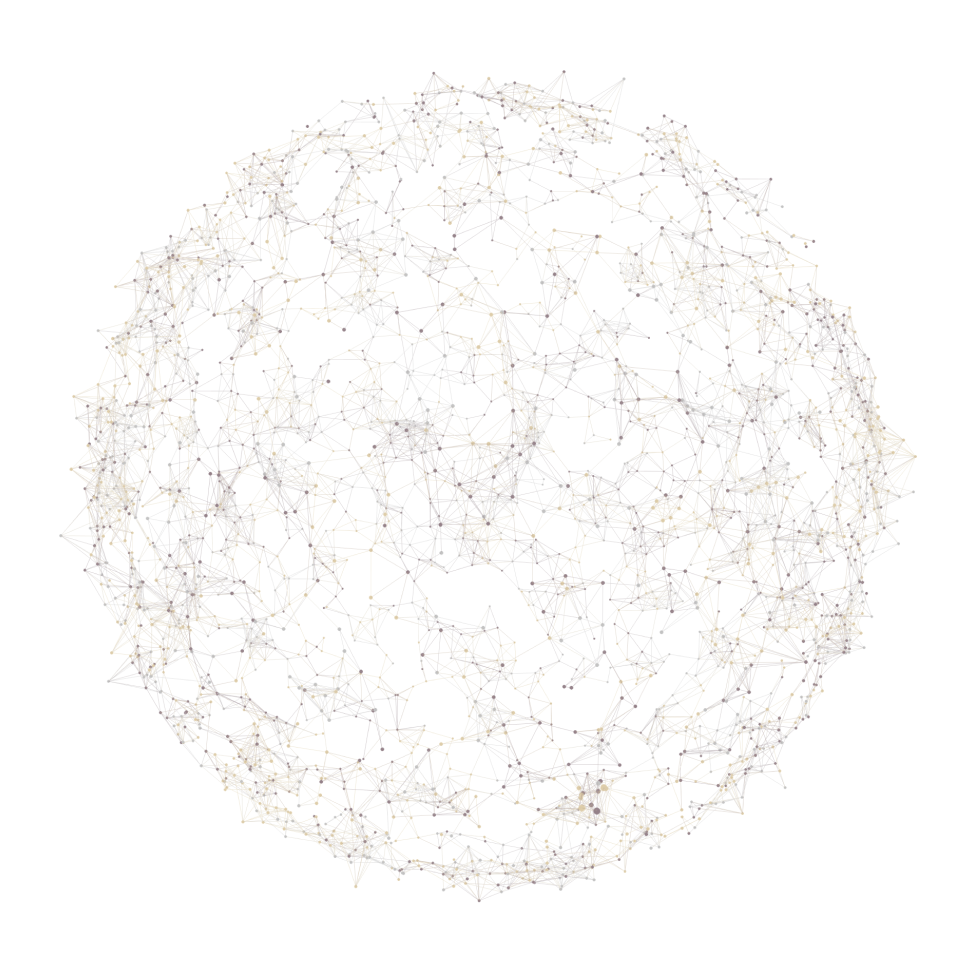
Although some people are unaware as to what the subject of rheumatology is, they can repeatedly undergo manifestations of rheumatic diseases during their lives.
Briefly, rheumatology is a discipline engaged in the study, diagnosis and treatment of diseases of inflammatory and dystrophic nature affecting connecting tissues and joints.
At the European Medical Centre comprehensive diagnosis and treatment is carried out for:
- Severe and chronic arthritis: rheumatoid arthritis, psoriatic arthritis, Reiter’s syndrome, uratic arthritis, chondrocalcinosis, Behterev disease and osteoarthritis;
- Systemic diseases of connective tissue: systemic lupus erythematosus, systemis scleroderma, dermatomyositis and Sjogren’s syndrome;
- Systemic vasculites: polyarteritis nodosa, Churg-Strauss syndrome, microscopic polyarteritis, temporal arteritis and polymyalgia rheumatic, Wegener’s granulomatosis, acute vascular purpura, autopathic cryoglobulinemia, Takayasu disease and other inflammatory diseases of the blood vessels;
- Various types of osteoporosis.
It is necessary to remember that if there is a persistent fever, pain in muscles, puffiness and constraint in the joints, a skin rash occurs, and general weakness and indisposition accumulate: these are disturbing symptoms and a reason to consult a rheumatologist.
The largest area of rheumatology is devoted to diseases of the joints. The main symptoms of such diseases are pains and swelling of joints or a joint. These symptoms may be signs of a rheumatic pathology or they can be found with other diseases.
It is important that rheumatic signs may accompany dangerous diseases which are not connected with rheumatology, for example, tumour and infection problems. At the same time, rheumatic manifestations may be the first and clearest signs of a latent illness. And in this case, the dominant role of the rheumatologist is to distinguish independent rheumatic diseases from illnesses accompanied by a “rheumatic mask”. Otherwise, the patient will be treated for secondary rheumatic symptoms rather than the main disease.
When conducting diagnoses, a full set of the necessary modern laboratory and instrumental methods (CT, MRT, X-Ray and Ultrasound) are used and if required, cell biopsies may be taken to undergo further anatomical investigation.
Today it is abundantly clear that at the early stages of development, the illness responds to medicinal therapy, and in some cases, even better, the disease can be completely stopped and recovery can be achieved. Moreover, the sense of early active therapy is in the delay or stopping of destructive consequences of rheumatic problems for organs and tissues.
Treatment involves a wide range of effective methods, medicinal and non-medicinal means, which comply with modern requirements for treating patients with rheumatic diseases. If there are adverse effects, extracorporeal methods of blood cleansing may be used, including plasmapheresis.
A necessary condition is the reliability, accuracy and depth of investigation in which the rheumatologist co-operates with other specialists for specification of the diagnosis of the rheumatic problem.
A major feature of modern concepts in the field of rheumatology is early and exact diagnosis of illness, and early active medicinal therapy, unlike not so long ago when there was a view regarding the possibility of waiting and delaying tactics of treatment.
Prices
| Name | Price, € | Price, ₽ | Code |
DIAGNOSTIC
| Periaarticular injection | 142 € | 13 193 ₽ | PRCD67 |
| Intraarticular injection | 142 € | 13 193 ₽ | PRCD8 |
EMC Schepkina
35, ul. Schepkina, Moscow, 129090
Yandex.Maps
Yandex.Maps
Парковка: № 3105, пн-вс, кроме праздников,
с 8 до 21 ч — 380 руб/ч,
с 21 до 8 ч — 200 руб/ч
Work hours: 24/7
Phone:
+7 (495) 933-66-55
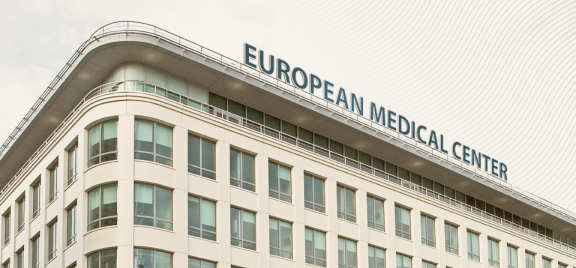
Represented specialties
